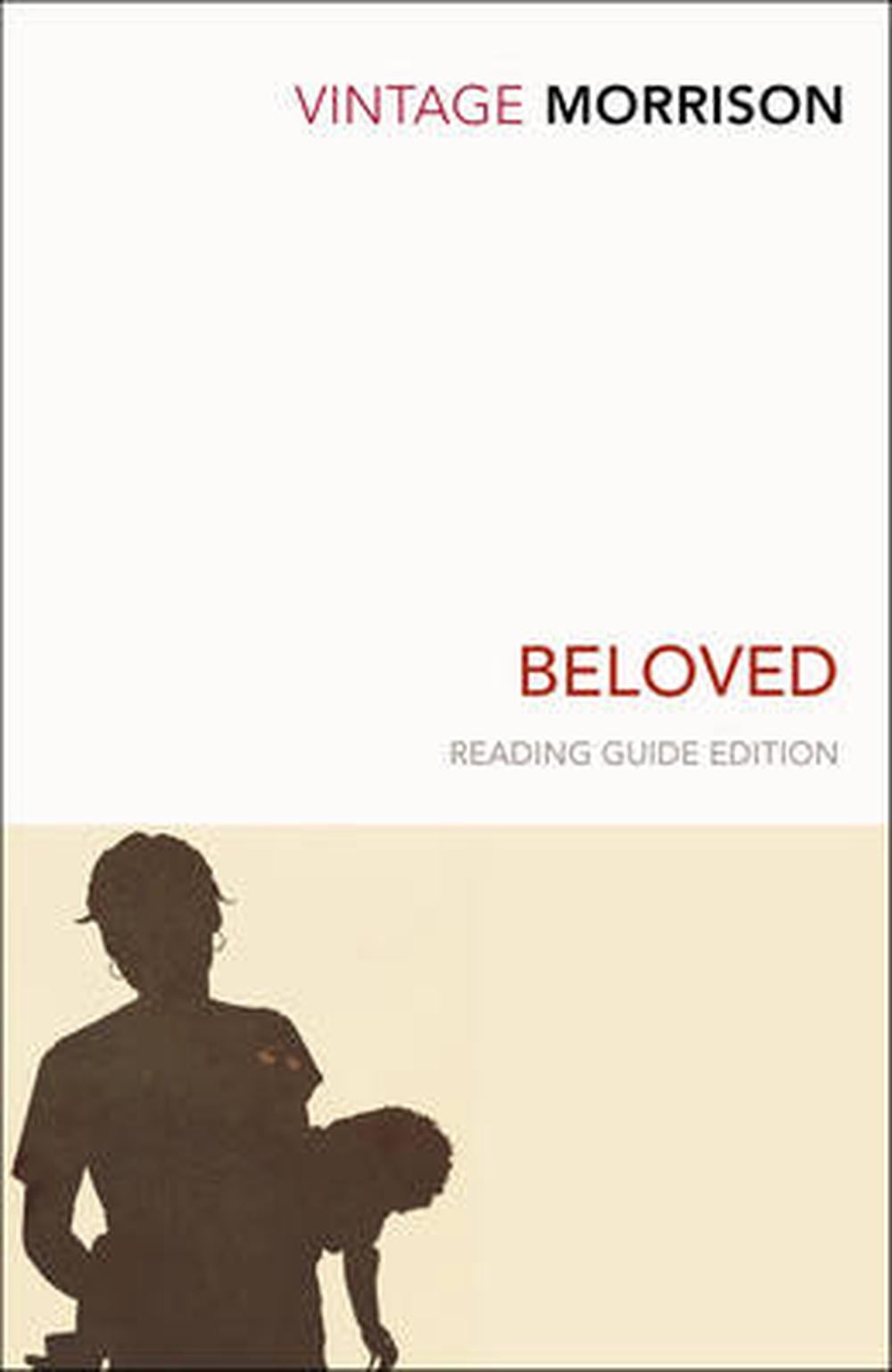

He favored the 19th storytellers like Edgar Allan Poe and Rudyard Kipling. He did not think of much of canonical writers like Goethe, Jane Austen, James Joyce and Gabriel Garcia Marquez. When not writing fiction, Borges worked as a literary critic, occasional film critic, a librarian, and, for a spell, as the director of the Biblioteca Nacional in Buenos Aires. The BBC argued that Borges was the most important writer of the 20th century. His tone of ironic detachment influenced generations of Latin American authors. His story “The Garden of the Forking Paths,” which describes a novel that is also a labyrinth, presaged the hypertextuality of the internet age.

He was one of the first authors to mix high culture with low, merging such popular genres as science fiction and the detective story with heady philosophical discourses on authorship, reality and existence.

Jorge Luis Borges’ terse, mind-expanding stories reshaped modern fiction. Some of their methods may not sound healthy, from our perspectives (for example, limiting love because you know that any time your family could be taken away from you), but this book shows us in many ways how unless we are in a certain situation, it’s really impossible for us to know how we’ll react to it.“Jorge Luis Borges 1951, by Grete Stern” by Grete Stern (1904-1999). Licensed under Public Domain via Wikimedia Commons. One of the things that always gets to me when reading slave narratives is the burdens the slaves had to endure and with little to no help, but I’m learning about the little things they did to try to endure and survive. I never get used to books like this if anything they get more painful as I become more and more aware of what slavery consisted of. It was a tough read, even tougher the second time around. I feel that for many this isn’t too much of a surprise. It seems to be a good book to read in the light of the recent discussion on the Roots reboot, as well as the recent New York Times article that discusses how African-American DNA bears signs of slavery. “Beloved” focuses on the psychological trauma of slavery which permeates the very atmosphere and even emerges in ghost form.

Meanwhile, Sethe’s house has long been troubled by the angry, destructive ghost of her baby, who died nameless and whose tombstone is engraved with a single word: Beloved. She has borne the unthinkable and not gone mad, yet she is still held captive by memories of Sweet Home, the beautiful farm where so many hideous things happened. Sethe was born a slave and escaped to Ohio, but eighteen years later she is still not free. Winner of the Pulitzer Prize, Toni Morrison’s Beloved is a spellbinding and dazzlingly innovative portrait of a woman haunted by the past. Genre: Fiction, Historical Fictions, Classics, Novels.Goodreads Link: Beloved by Toni Morrison.
HOME BY TONI MORRISON EBOOK PDF


 0 kommentar(er)
0 kommentar(er)
